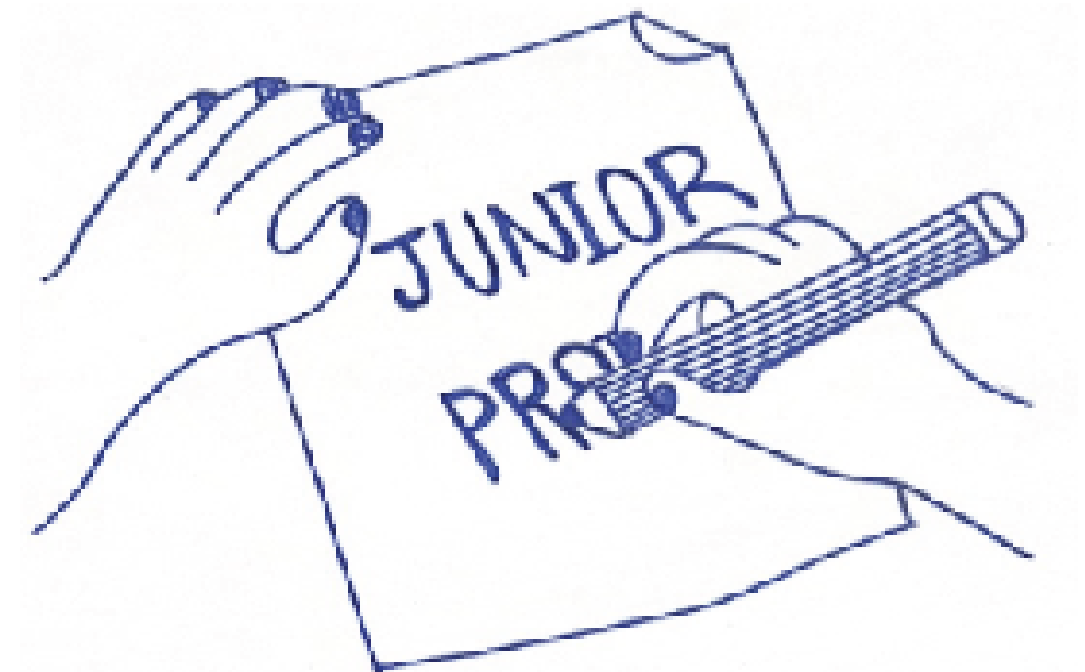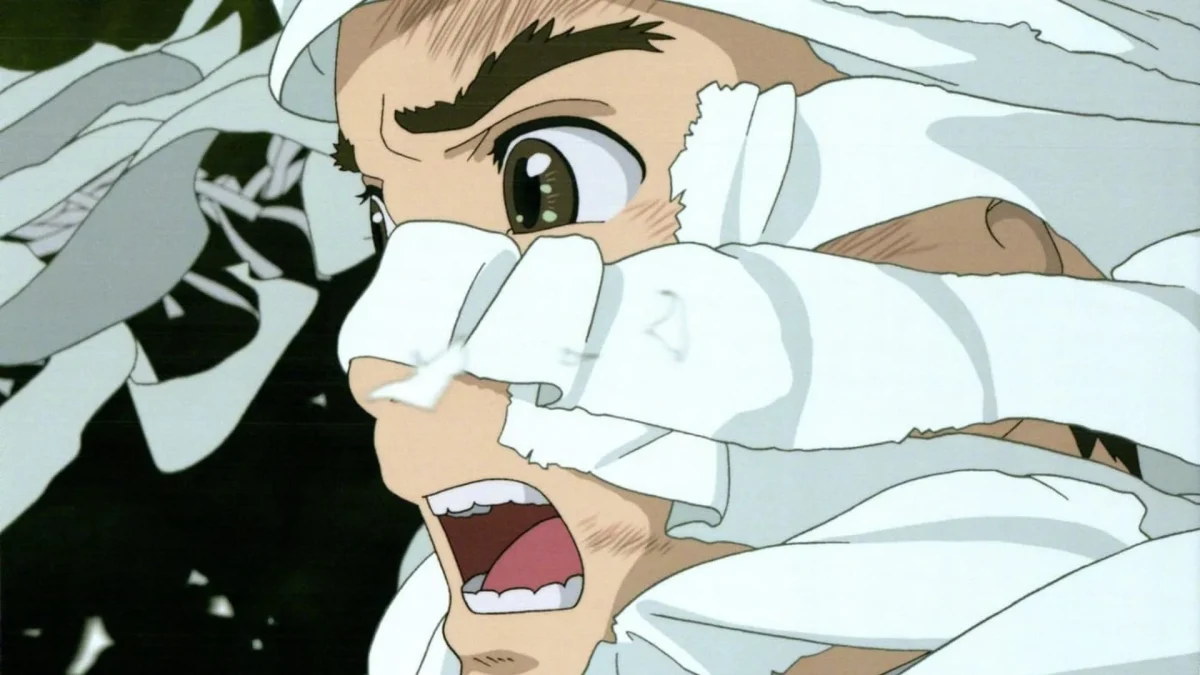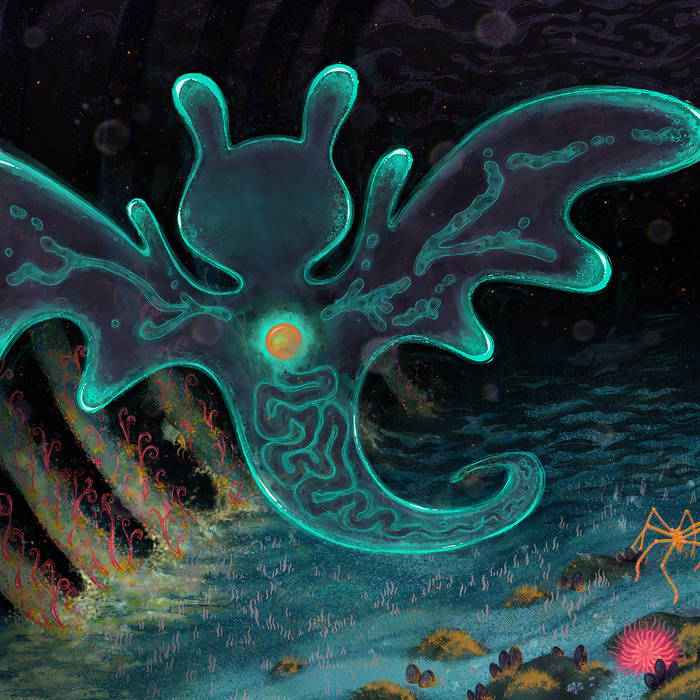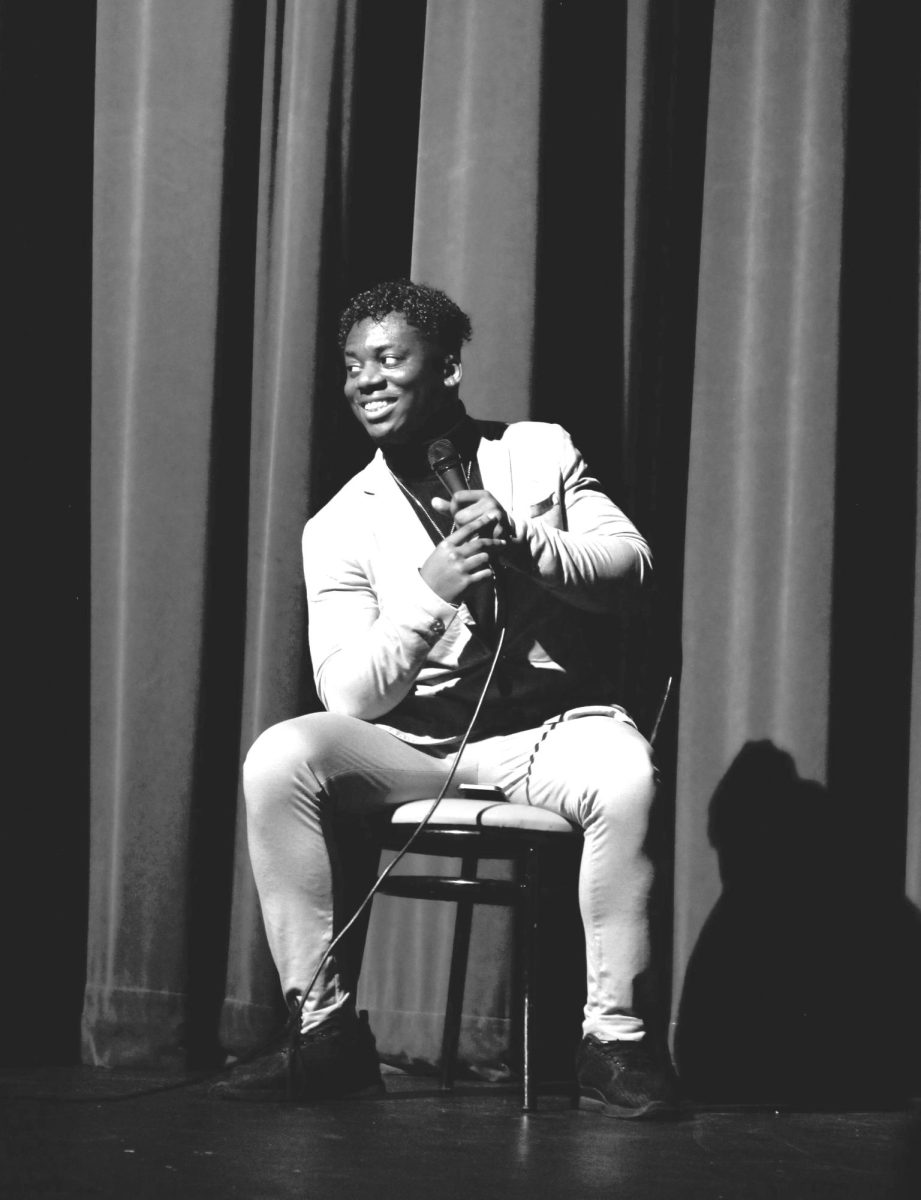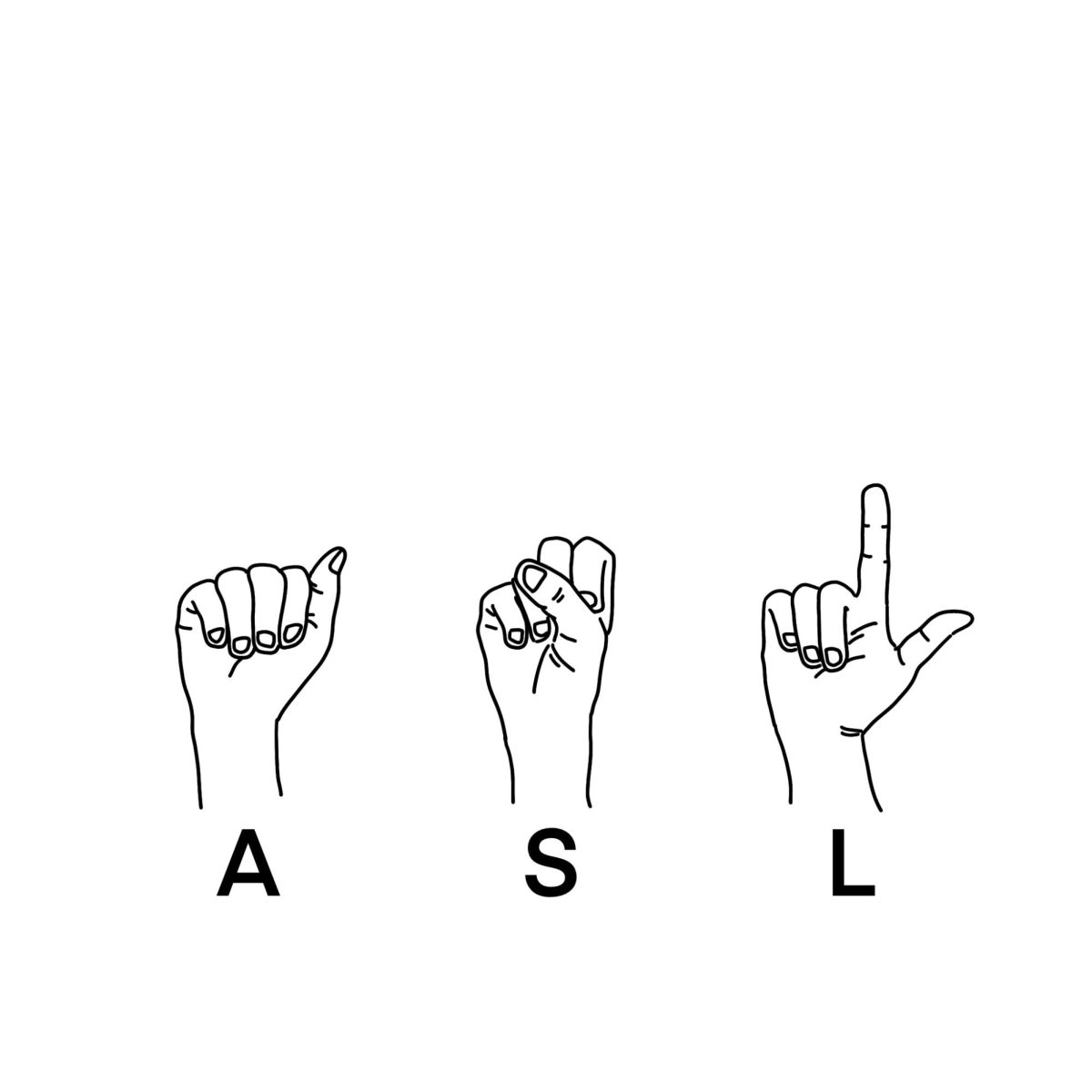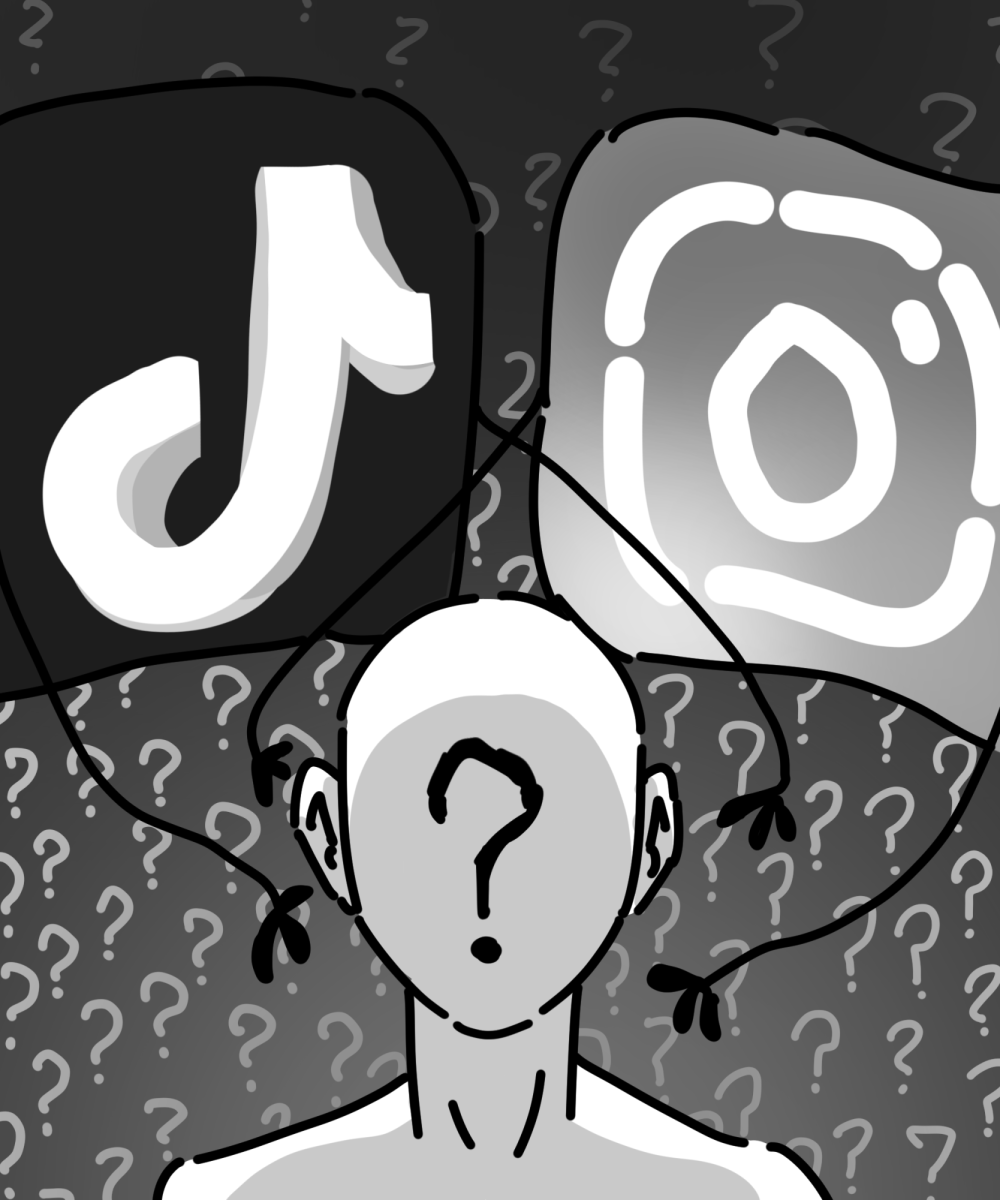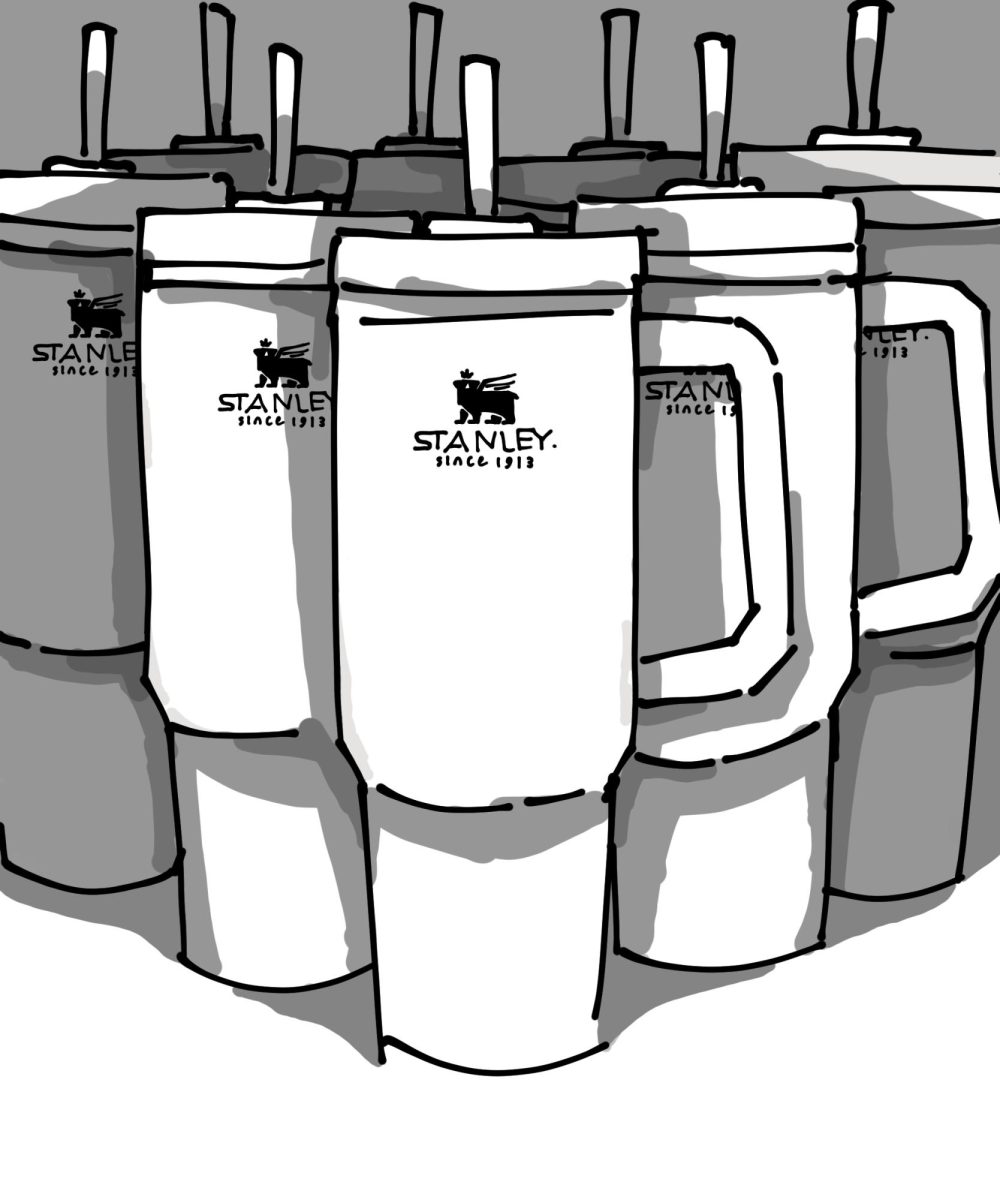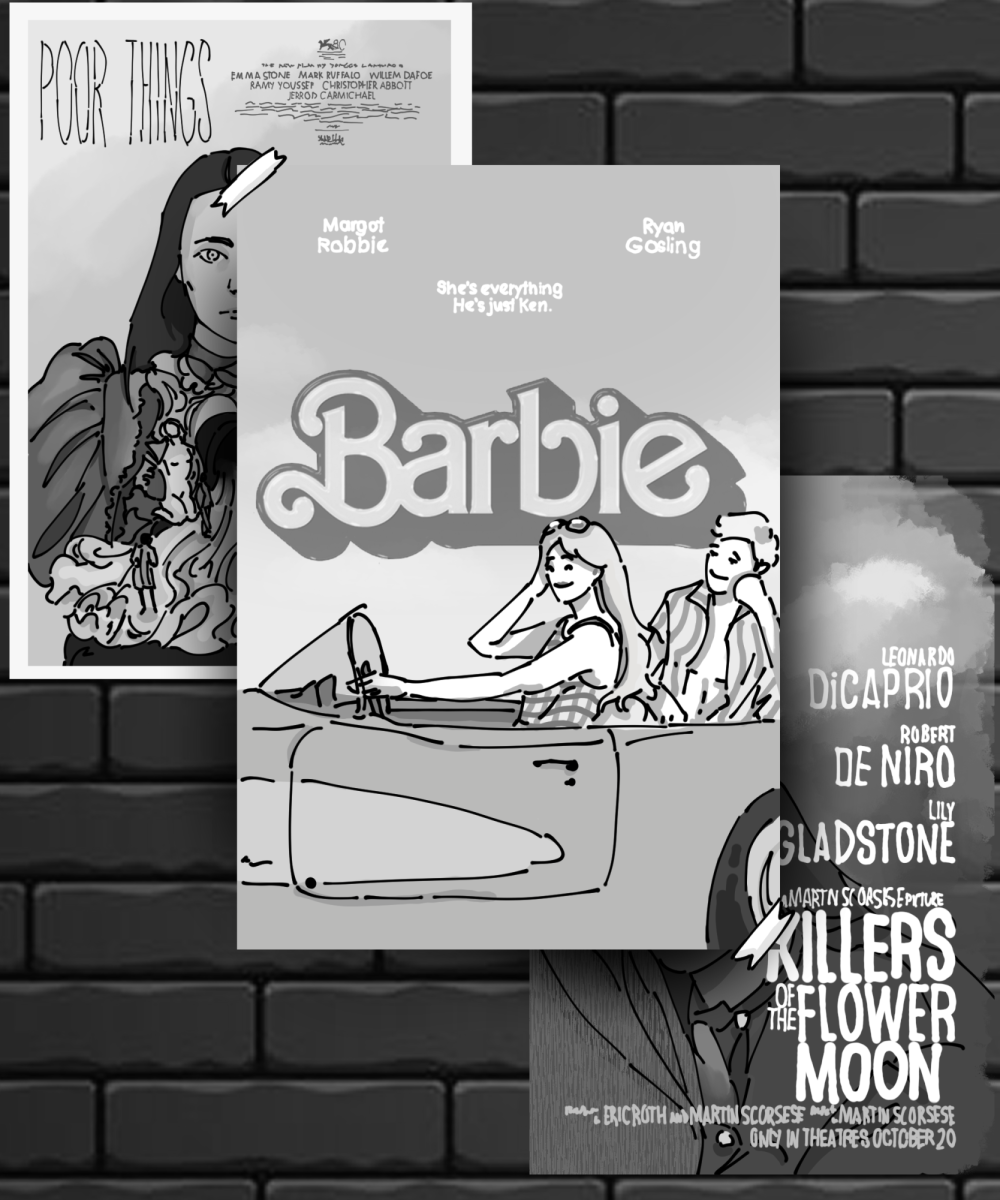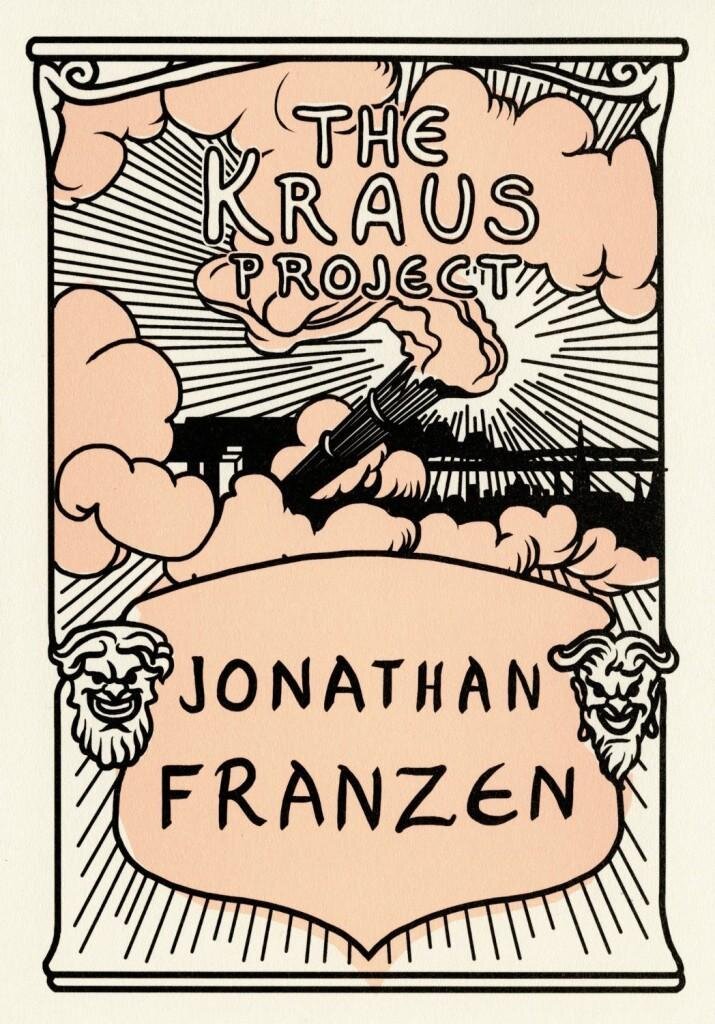Ian Tracy Gwin, Staff Reporter
Originally published November 14, 2013
Jonathan Franzen has been called a lot of things. In addition to receiving the “literary giant” title after winning everything from the National Book Award to a Pulitzer Prize, Franzen was featured on the cover of Time Magazine under the headline “The Great American Novelist.”
Franzen could also be called the Stephen Spielberg of writers, because his fiction is blockbuster stuff: The novels Freedom and The Corrections have raised both high and low brows nationally.
Franzen’s latest literary venture is The Kraus Project, a series of translations/annotations of Austrian satirist Karl Kraus (1874-1936). Kraus was the eminent satirist of his time: a poet, journalist and playwright most famous for his self -published magazine Die Fackel, which at its peak claimed the readership of many of Germany’s most famous intellectuals.
Kraus, like Franzen, was no stranger to titles. His contemporaries dubbed him “the Great Hater” due to his criticism of everything from journalism to German lyric poets. In Franzen’s words, Kraus was “a farseeing prophet whose work always focused on what was in front of him.” Franzen argues through the book that the translated material – four critical essays and a poem – are, despite their deep roots and references to the time they were written, paradoxically vital to our world of FedEx and iPhones.
Kraus’ language, through Franzen’s translation, occasionally reads like a wall covered in moss. When Franzen talks about Kraus’ difficulty in German (especially for Germans), he excuses even his own translation, such as this passage: “Everything that’s created remains as it was before it was created. The artist fetches it down from the heavens as a finished thing. Eternity has no beginning. Poetry or a joke: the act of creation lies between what’s self-evident and what is permanent.”
With the addition of Franzen and his colleagues’ notes, (the book features supplementary notes from Kraus scholar Paul Reitter and Austrian author Daniel Kehlmann) the distant content of these essays is put into some context and, more often than not, pulled into today. Franzen’s endless contemporary analogies (Apple vs. PC, Twitter, The Talking Heads) and historical explanations/personal anecdotes make for engrossing nonfiction.
In discussing French fueilletons (French newspaper supplements often written on trivial subjects), Kraus’ comment that it becomes difficult to determine who “emerges as writer and who as reader” finds weight in Franzen’s comparison between this and “the self-sufficing loop of eating and regurgitation…[of] the blogosphere now.”
In reading The Kraus Project here the question inevitably arises: how much can we read into Franzen’s contextualizations without taking meanings that weren’t necessarily designed by Kraus? When Kraus states that “reality is a meaningless exaggeration of all the details that satire left behind fifty years ago,” here Franzen admits he’s attempted to update it “to begin, ‘Reality TV shows are…”
Consider this, from Franzen’s nearly nine-page footnote on Kraus’ essay Nestroy and Posterity. Commenting on Kraus’ commentary on the nature of satirists within society, Franzen recounts his years as a student of literature in Germany studying a scene in Kraus’ immense play The Last Days of Mankind, in which a questionably autobiographical character named “the Grumbler” retreats into the madness of his art:
“It didn’t occur to me when I was writing my paper, but I must have been drawn to the scene because I’d experienced something like it: alone at my writing desk, racked by guilt, awaiting apocalypse, reading my own words,… and getting so lost in figuration that reality dissolved…figuration had driven the Grumbler crazy, too, making the outside world indistinguishable from the inside of his head. His thoughts aren’t the echo of his times, his times are the echo of his thoughts!”
Franzen once stated that “the most purely autobiographical fiction requires pure invention.” While this may be true for Franzen’s fiction, it is not for his nonfiction. In one of his notes Franzen hears the echo of his comment that Kraus “was angry because he was privileged” when he describes that “for all my privileges, I became an angry person.” This would explain Franzen’s habit of doubling up Kraus’ words into his (Franzen’s) own apocalyptic anti-tech diatribe a la Die Fackel.
What makes this even more perplexing is Franzen’s admittance that he’s “been reading [his own example] into Kraus’ story anyways.” Scattered throughout the book are pieces of his autobiography, culminating in page 269 with a full elaboration on the project’s history and Franzen’s metamorphosis (or literary rebirth?) as Kraus himself.
It is in these movements that The Kraus Project loses and gains its momentum; from the insistent analogies between histories, thoughts, and culture. Franzen gives life to the dream of every bibliophile; that is, to write the essay on the subject that prompted the essay on another, entirely different essay, which is really the criticism of another essay.
If you pick up The Kraus Project you can expect a hot dog of an essay in the bun of a translation. The book is a novelistic essay lodged in its source material: Franzen’s overgrowth of footnotes dominate its pages, producing an almost comical tug-of-war between the book’s headings and its footnotes, its purpose and its tangents.
But is The Kraus Project a valid translation? Is it an essay on Kraus, or an essay by Franzen on the same subjects? Is it biography, autobiography, or even fiction? It’s difficult to say. Perhaps we can look at the book as a testament to two literary figures by two literary figures, who, in the self-fulfilling prophecy of Kraus repeated through the mouth of Franzen: “No matter how limited and conditional in time and location his inspiration may have been, his work grows the more limitlessly and feely the further it’s removed from its inspiration.”

